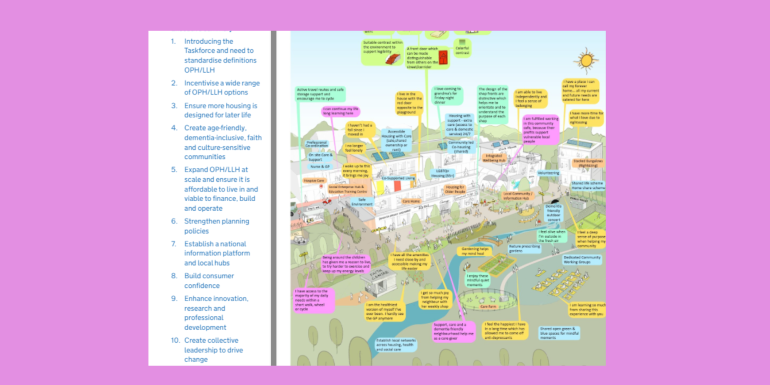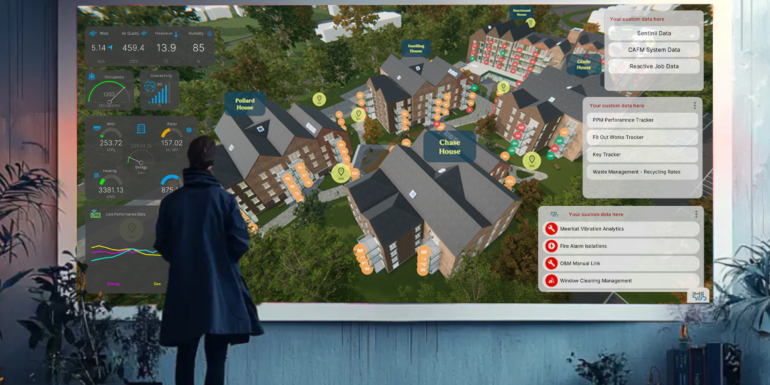In the early part of 2020, the ARCO team are publishing a series of posts about the decade ahead, covering a variety of aspects of our work and the sector we represent.
The latest instalment comes from our Executive Director, Michael Voges, who shares his big predictions for the next ten years – including on the mid-market, a clear consumer proposition and new tenure models.
Ten years ago, the Retirement Community sector was a cottage industry. While the extra care sector for affordable rent had been growing impressively for some time, few consumers had heard about it, and a small group of ‘early adopters’ were developing innovative solutions for people buying their own homes.
Ten years later, the Retirement Community sector is a cutting-edge industry. A raft of government reports have recommended expanding the sector, new entrants are lining up their offers and even Ken from Coronation Street has now moved to a Retirement Community.
Two separate developments have been key to this. On the one hand, the realisation that Retirement Communities must be a vital part of the health and social care landscape in the UK, and not simply a housing solution. And secondly, moving further away from a transactional housebuilder model, and towards long-term sustainable business models with a clear focus on the customer relationship.
We are now seeing more schemes being part of wider urban placemaking initiatives, throwing their doors open to the wider community, and serving as hubs that create social connection and provide opportunities for activation and wellbeing (while crucially also providing care services as part of the support offer).
In my view, in 2020 we have reached the end of the beginning, and over the next 10 years the retirement community sector is likely to keep evolving and changing. My predictions for the next 10 years are as follows:
1. The mid-market awakens: The mid-market is currently the most underserved segment of the market, and the largest providers in 2030 will be offering a solution for people on average incomes and with average house values.
2. A clearer customer proposition: A unified terminology will emerge (either through an official definition or by the sector adopting a common term), and customers (and policymakers) will better understand what Retirement Communities have to offer.
3. New tenure models will become the norm: By 2030, more flexible tenure models will have been widely adopted, allowing for more customer-centric contracts while providing a clear legal framework for operators (in the form of a Retirement Communities Act).
We look forward to working with the ARCO Board, members, allies and partners to make it happen!





